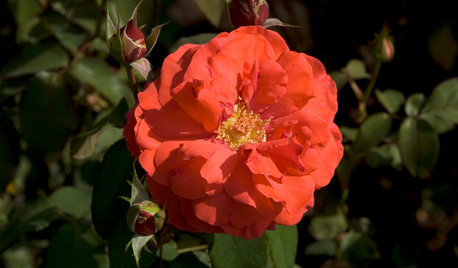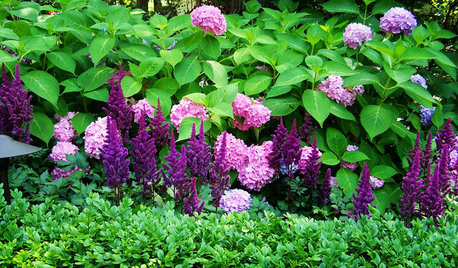Reines des Violettes and chlorosis
joshtx
10 years ago
Related Stories

GARDENING GUIDES6 Captivating Roses for an Alluringly Fragrant Garden
Perfume your garden with aromas from richly spicy to lightly sweet, without sacrificing an inch of color
Full Story
FLOWERS9 Plants That Channel Pantone’s Color of 2014
Try these pinkish-purple wonders to be right on trend — or just for their own captivating beauty
Full Story







cath41
nikthegreek
AquaEyes 7a NJ
nikthegreek
AquaEyes 7a NJ
nikthegreek
bart_2010
nikthegreek
cath41
kittymoonbeam
joshtxOriginal Author
AquaEyes 7a NJ
bart_2010
nikthegreek
malcolm_manners
nikthegreek
bart_2010
nikthegreek